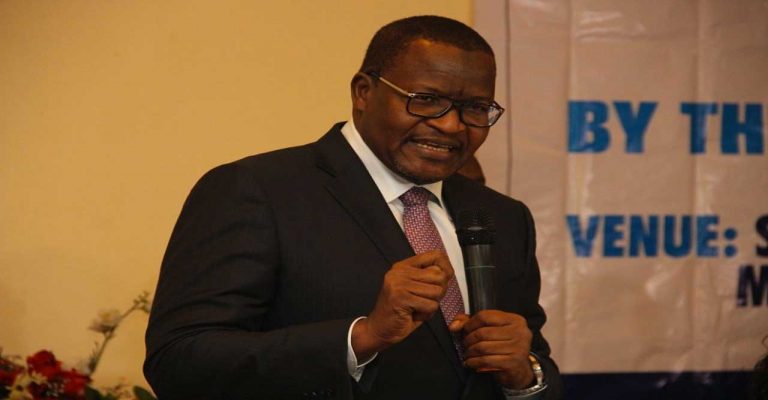
It is not easy to use debit cards in Nigeria online. You need a PIN besides the card number, cardholder name, and expiration date. You need the 3 digits at the back. You need in some cases a password. And at the end, the transaction is bounced. Why? You have not registered the card for online payment with the bank issuer. Yes, there is a different registration for the same card to be used on ATM (and physical stores) and online.
The fact is this: we have a trust issue. That is why Facebook will struggle if it puts a subscription of say N1 on its services in Nigeria. The problem is not the affordability of the subscription. Rather, the issue is the concern that paying that N1 could enable a bad actor to steal the whole bank account. The default is to simply abandon the service. It is very hard to sell things online in Nigeria.
Interestingly, many digital payment merchants like Paga are already hybrid, providing services online and offline. They understand that the money is offline, at least at the moment.
Tekedia Mini-MBA edition 16 (Feb 10 – May 3, 2025) opens registrations; register today for early bird discounts.
Tekedia AI in Business Masterclass opens registrations here.
Join Tekedia Capital Syndicate and invest in Africa’s finest startups here.
According to Fortune, “online commerce still makes up less than $1 out of every $10 in the United States”. Yet, online commerce is the future; it would keep growing and that is certain. In Nigeria, we have put that as “online commerce makes up less than N0.01 out of every N10 in Nigeria”. In other words, for every N1000 spent in Nigeria, only N1 is spent online. Again, I expect that number to keep moving north. (Please note I said “online”, not “electronic or digital”. The distinction is very huge as you work on your strategy. POS, ATM and such are electronic but not online.)
That brings the issue of mobile money which works very well in Kenya and Ghana with 40% and 60% penetrations respectively. In Nigeria, we are at 1%. The argument has been that in Nigeria, the program is bank-led, while in places mobile money has worked, it is typically telco-led.
After about five years of operation in Nigeria, mobile money has only been able to attract just one per cent penetration.
Unlike in Ghana and Kenya where penetrations have reached 40 per cent and 60 per cent respectively, only about two million of Nigeria’s estimated 198 million populations.
The implication of this is that despite the innovation that comes with it, Nigerians are yet to tap from the huge benefit it carries.
Market watchers have argued that the model operated in Nigeria, which is bank-led, has not been able to impact the initiative in the country adequately.
Largely, the telcos operate at better cost model than banks since banks have to warehouse capital to meet financial ratios required by regulators. Also, banks are always seen to be premium making it harder for them to hustle on sales [while MTN can use agents on streets to sell recharge cards, banks cannot do such without thinking of the implications on their brands]. So, it is always going to be more expensive if banks do it because they cannot open anything as an outlet. With telcos driving the mobile money, it is possible we can see faster penetration. Yes, their marginal cost will be lower than whatever banks can have there. Telcos have deep networks and experiences on selling recharge cards which will work well for mobile money.
But wait, if you allow telcos to do this, what would banks do? All the transaction fees and stamp duties on electronic transactions will go. Yet, if we believe on innovation and the power of market forces, government should ideally not care who runs this show. It should care that it is done to grow the Nigerian economy with value delivered to the citizens. There is no need of protecting anyone to a large extent. Until we do that, the penetration rate will not advance in Nigeria for mobile money.
---
Register for Tekedia Mini-MBA (Feb 10 - May 3, 2025), and join Prof Ndubuisi Ekekwe and our global faculty; click here.


